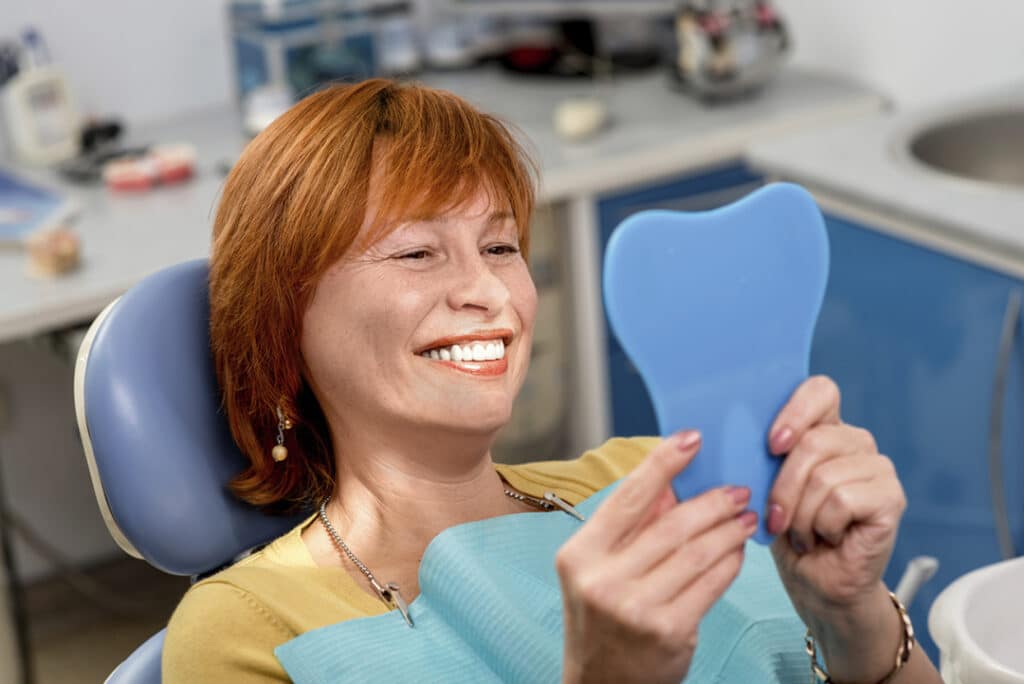
The following information has been prepared to help answer your questions about care after the operation which
has been performed. Please read and follow these instructions carefully.
Use all medication as directed that the doctor has prescribed. You can expect to have some discomfort. Pain may be the most severe on the second day, but should decrease thereafter. Mild discomfort can be controlled by taking 1 or 2 tablets of Ibuprofen (Motrin or Advil) or Acetaminophen (Tylenol) every 4 hours as needed for pain. Avoid any drugs containing aspirin. If a pain reliever has been prescribed, take as directed only if you have discomfort. If an antibiotic has been prescribed, take as directed until all pills are finished. If the prescribed medication does not control your discomfort or if the pain increases in severity after 2-3 days, please contact the doctor.
Note: Antibiotics may interfere with the effectiveness of birth control pills. If you are a female and use birth control pills as your primary birth control measure, it is strongly recommended that you use an alternative birth control method until your next cycle in order to prevent pregnancy.
We usually prescribe one of the following, please follow closely:
Swelling in the area of surgery and adjacent sites can be expected. To help minimize pain and swelling, apply ice packs as soon as possible to your face over the treated area. Apply ice in 20 minute intervals: 20 minutes on and 20 minutes off for the first 3-5 hours. Ice packs can be used the day following surgery. If swelling is present after the first 72 hours, apply heat to the area using a warm compress for 20 minutes on and 20 minutes off. The swelling will be at its worse 2 to 3 days following surgery and will decrease thereafter.
Sometimes discoloration, or bruising, of the skin, face, and neck occurs. Do not be alarmed, the bruising will disappear over 1 to 3 weeks. If antibiotics were not prescribed, and you have discoloration of your skin around the surgery site, please call our office.
Some bleeding is normal during the first 24-48 hours following surgery. Your blood and saliva will mix making the bleeding seem worse than it actually is. To help reduce the chance of bleeding for the first 24 hours: do not rinse, spit, smoke, avoid hot foods and drinks and alcoholic beverages. If bleeding should occur, sit quietly in an upright position and place a moist gauze or black tea bag over the area, and hold firmly for 20 minutes. Repeat if needed. If this does not stop the bleeding, please call us.
For the first hours following surgery, it is advised to restrict your diet to liquid and soft foods. Eat on the side opposite of the treated area for the first week following surgery. Avoid foods that are hard, hot, spicy, acidic, or salty. Be sure to stay nourished and hydrated.
It is important to keep your mouth clean. Do not brush your teeth the day of the surgery. The day following surgery brush and floss as usual, except in the treated area. Starting 24 hours after the procedure you can use the prescription mouth wash if you are given one (swish for 30 seconds and spit). This will help keep the surgical area clean.
Following surgery, proper rest is important in reducing discomfort and possible complications. You may
experience a slight feeling of weakness, elevation in temperature (one degree is normal), or chills during the 24
hours following surgery. So do not be concerned. Within reason, you may resume your normal activities the
second day after surgery. Since you do not form a “scab” in the mouth, the treated area may appear ulcerated.
Do not be concerned; this is normal healing.
Exercising
Do not exercise for the first 48 hours after surgery. Depending on the extent of your surgery, you may
have to restrain from vigorous exercise for few days. Avoid contact sports if you had wisdom teeth removed or
several implants placed in your lower jaw.
If any questions or problems arise prior to your next appointment, please call Dr. Jalbout at 646-825-1614.